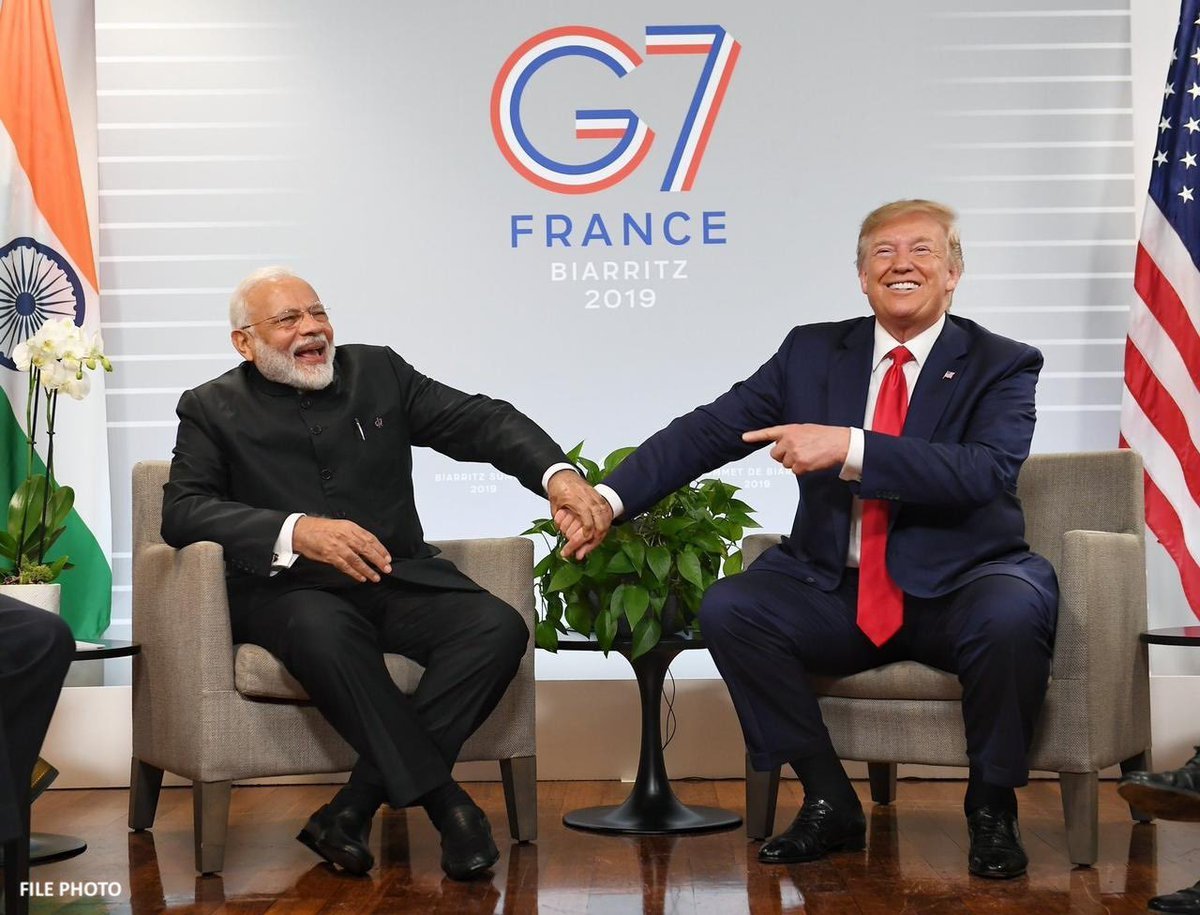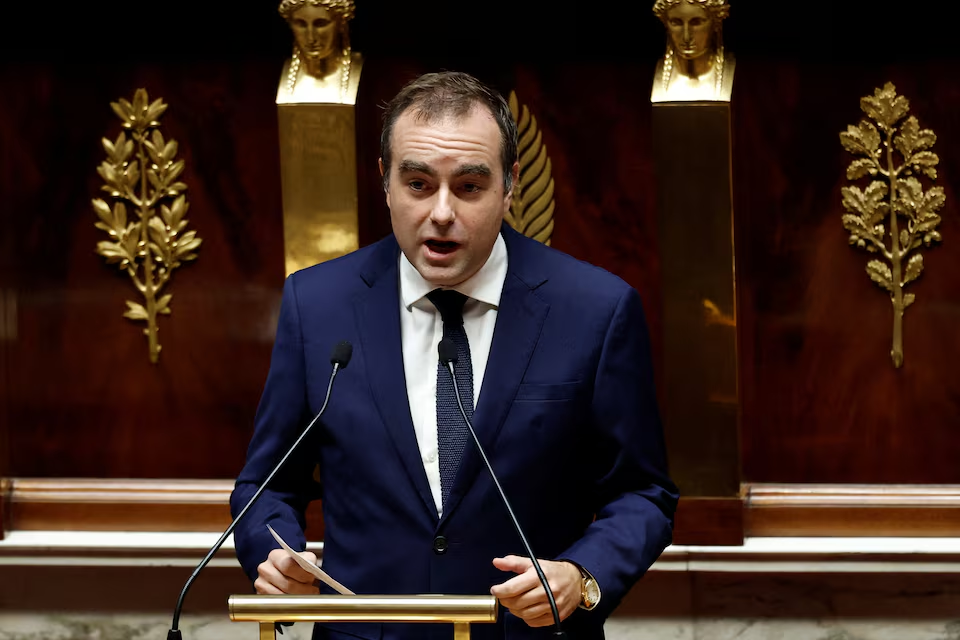President Donald Trump's First Foreign Visit to India Reflects Strong Bilateral Ties
U.S. President-elect Donald Trump has announced that his first foreign visit after assuming office will be to India, emphasizing the deep personal relationship between him and Indian Prime Minister Narendra Modi. Trump stated that his decision to visit India first was driven not only by their strong personal bond but also by the strategic importance of India in the broader geopolitical context.
President Donald Trump's First Foreign Visit to India Reflects Strong Bilateral Ties
President Donald Trump's First Foreign Visit to India Reflects Strong Bilateral Ties
Washington – U.S. President-elect Donald Trump has announced that his first foreign visit after assuming office will be to India, emphasizing the deep personal relationship between him and Indian Prime Minister Narendra Modi. Trump stated that his decision to visit India first was driven not only by their strong personal bond but also by the strategic importance of India in the broader geopolitical context.
Beyond personal relations, the visit is seen as crucial for strengthening the U.S.-India partnership, particularly as India plays a pivotal role in countering China’s influence in the region. The U.S. seeks India’s active cooperation in maintaining its dominance in the Indo-Pacific region and reinforcing its influence across the Asia-Pacific, Indian Ocean, Bay of Bengal, Japan Sea, and South China Sea. These areas are key to the U.S.’s strategy of countering China’s growing dominance, and India’s strategic positioning is integral to these goals.
The United States has long recognized Bangladesh as an important player in the region, especially given its strategic, military, and economic importance. The U.S. sees Bangladesh as a valuable partner, particularly as both countries share common interests in countering China’s influence in South Asia. Under the leadership of Prime Minister Sheikh Hasina, Bangladesh has forged significant economic and military ties with India, which has aligned with U.S. interests. These ties also benefit the U.S., which is keen on ensuring that China does not gain further ground in South Asia.
India’s geopolitical and military interests align closely with those of the U.S., particularly in maintaining a balance of power in the region. For Washington, ensuring that India remains a strong ally in the region is critical to its strategic goals. As part of his diplomatic outreach, Trump’s decision to visit India first underscores the importance of strengthening U.S.-India ties as a counterbalance to China’s growing influence.
In light of these developments, the U.S. is also expected to take a keen interest in India’s internal dynamics, particularly the political developments in Bangladesh. India sees the removal of Sheikh Hasina’s government and the rise of political movements such as the interim government led by Dr. Muhammad Yunus and Jamaat-e-Islami as potential destabilizing factors in the region. As such, the U.S. is likely to play an active role in supporting India’s interests in South Asia while navigating complex regional political issues.










